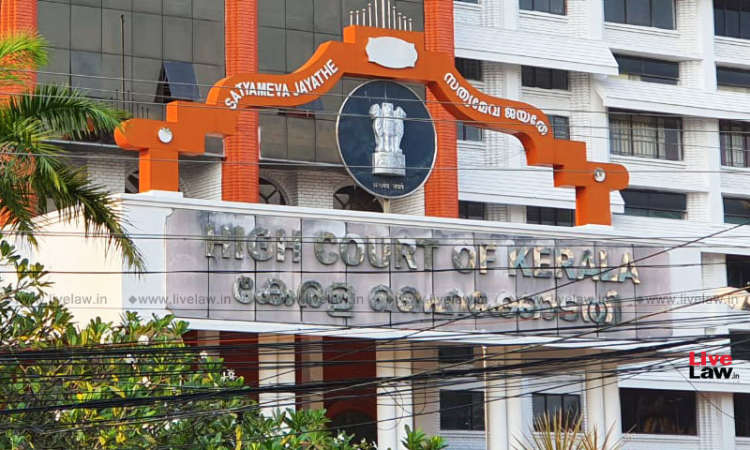Breach Of Contract | Can't Forfeit Security Deposit Towards Risk Liability In Absence Of Loss/Damage: Kerala High Court
Hannah M Varghese
4 March 2022 2:15 PM IST

Next Story
4 March 2022 2:15 PM IST
The Kerala High Court has recently ruled that in the case of a breach of contract, one party cannot forfeit the security deposit towards risk liability when they have not suffered any loss or damage.A Division Bench of Justice P.B. Suresh Kumar and Justice C.S. Sudha observed that it was settled that when the question is one of forfeiture of the security deposit in case of breach of...
